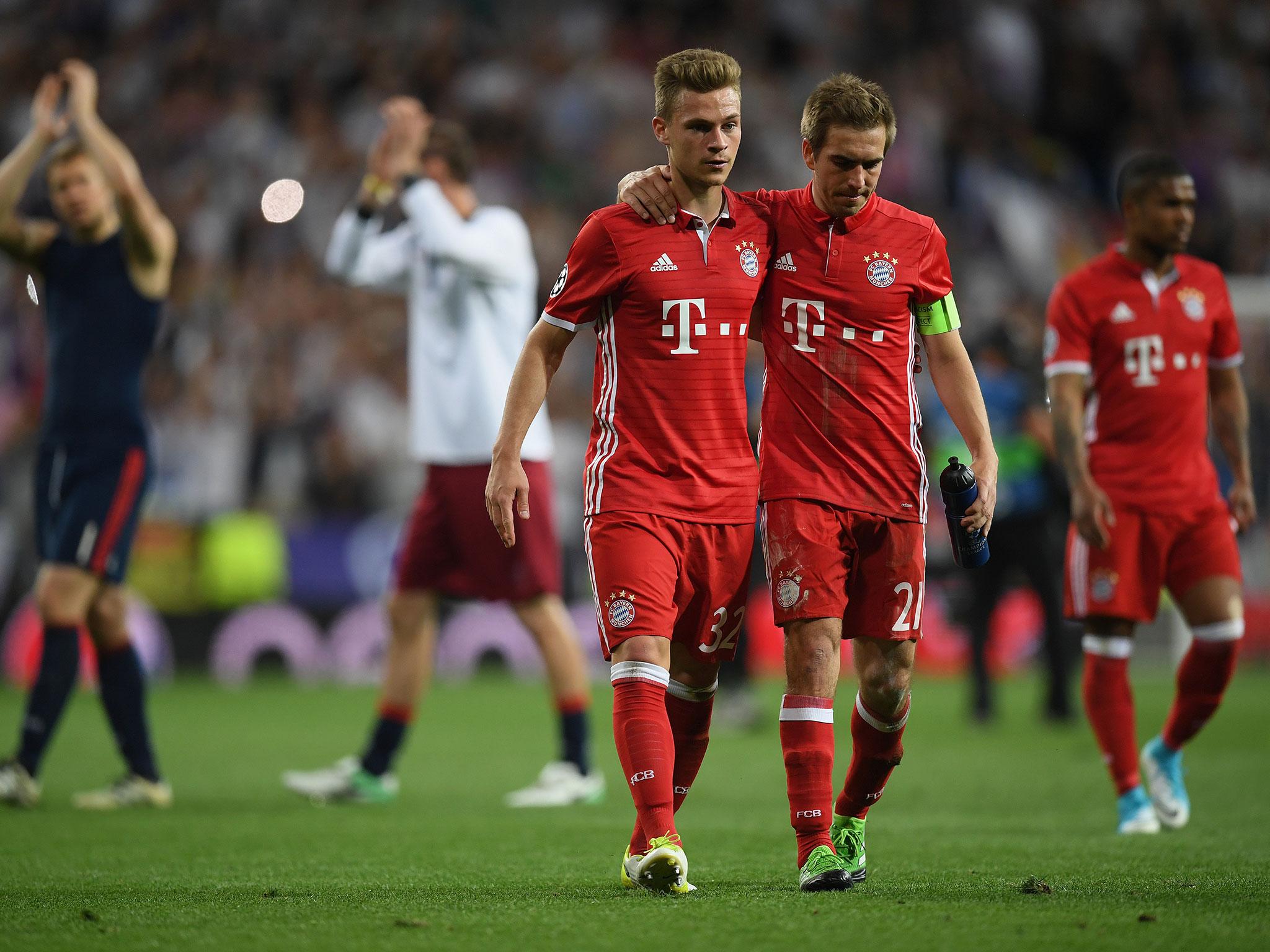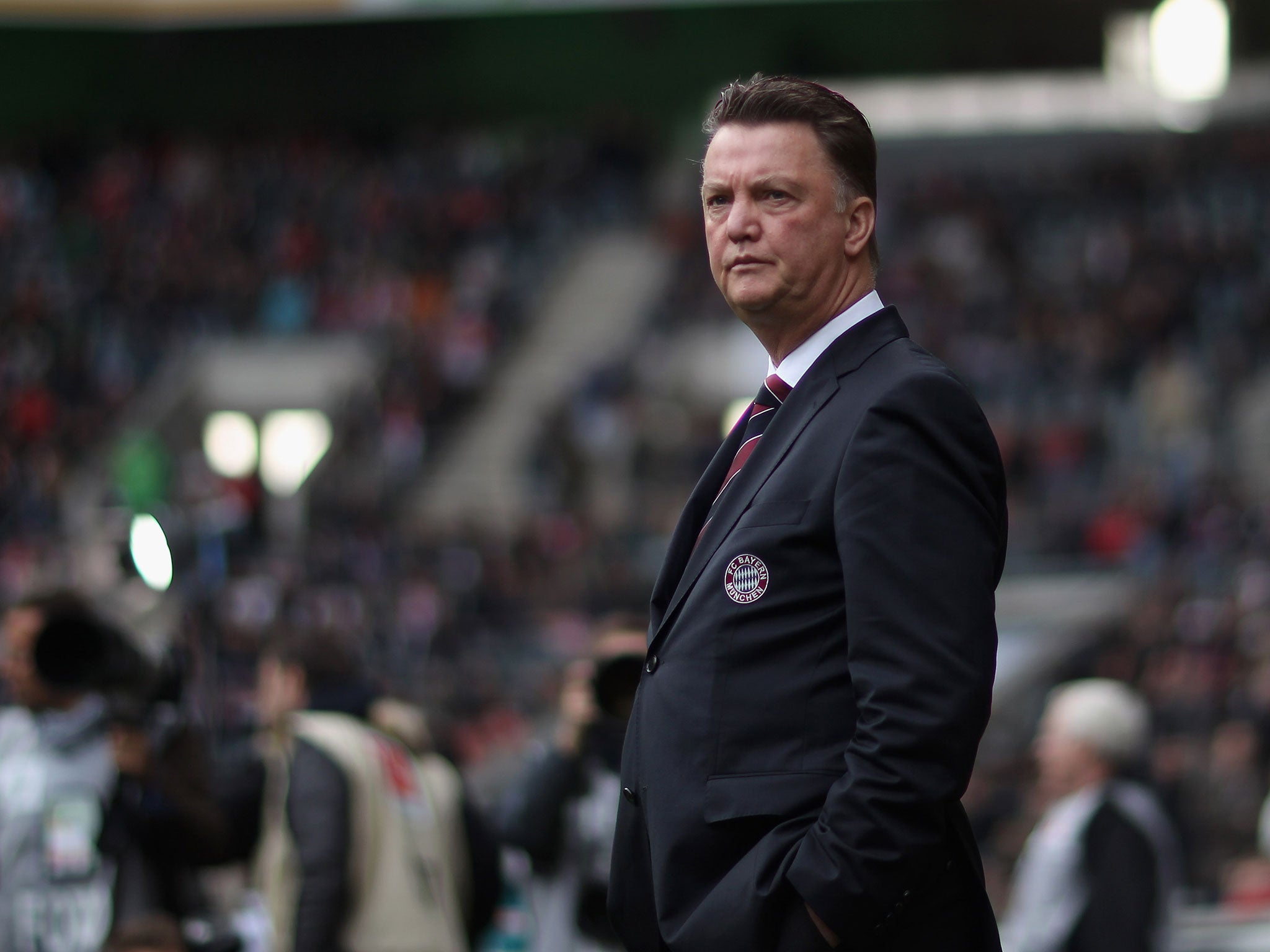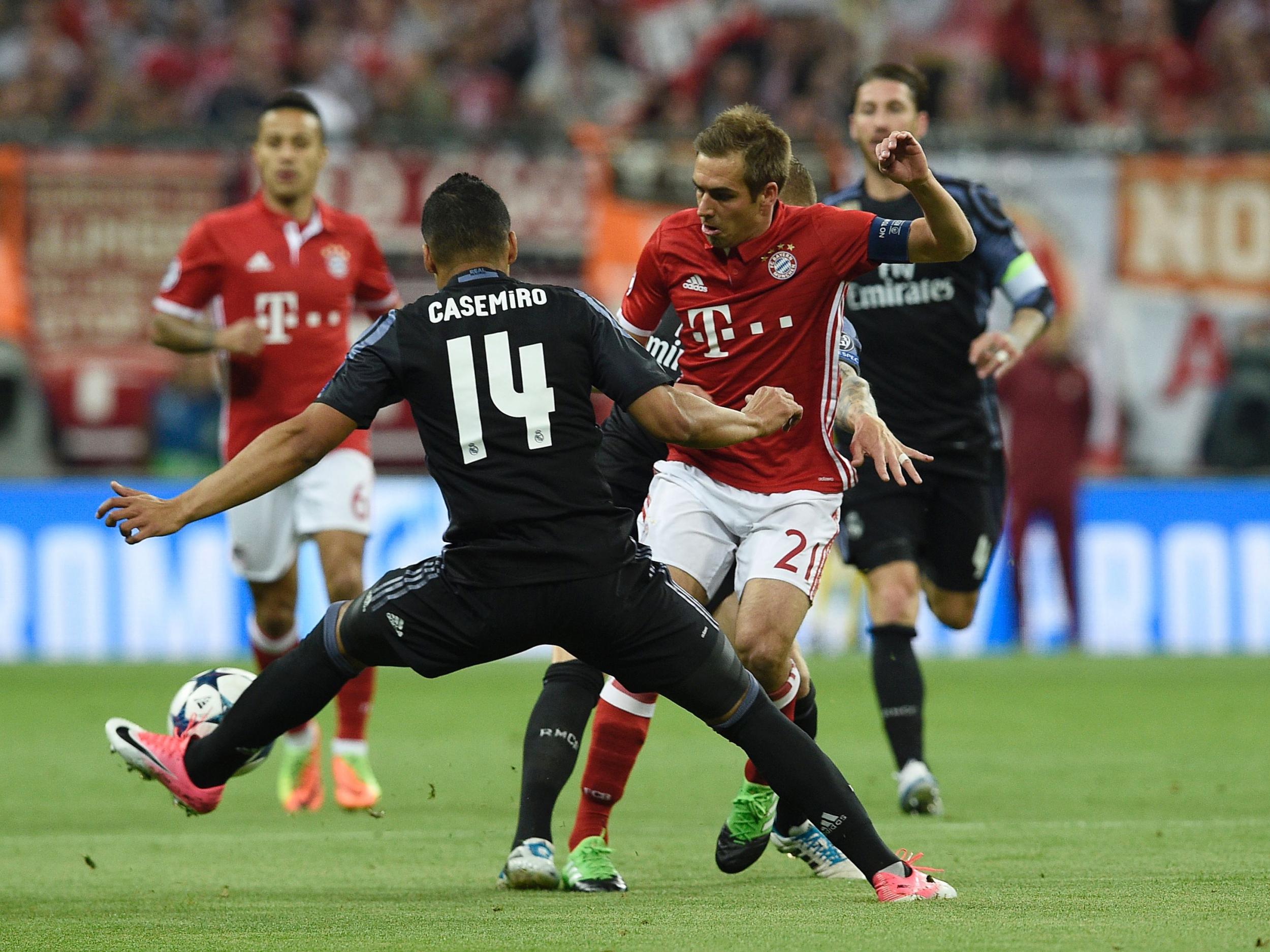Bayern Munich's latest European exit leaves questions of how exactly history will remember this side
Bayern Munich is now in the process of moving aside for the next generation and, with this comes, the inevitable period of revisionism and questions

The fallout to Bayern Munich’s defeat to Real Madrid on Tuesday night was one engulfed in anger.
Following the match, the ever-outspoken Thomas Müller described what had just taken place at the Santiago Bernabeu as “10 against 14”, before bluntly stating that the dubious refereeing decisions had “killed” Bayern’s game plan.
The club’s CEO, Karl-Heinz Rummenigge, didn’t mince his words either. "This is the first time I've felt really angry,” admitted the former European Footballer of the Year. “Angry because we were robbed. Literally, we were robbed."
Yet, while Bavaria bubbled with resentment, a quieter, more important moment was passing. Tuesday’s match marked the final time fans would see Philipp Lahm playing in the Champions League. A chapter in the club’s modern history was coming to an end and very few even took note.
Although Arjen Robben and Franck Ribery have shown no intent in following Lahm and Bastian Schweinsteiger in walking out the Säbener Strasse double doors just yet, there’s no doubt that the team that was predominately built by Louis Van Gaal, which went on to win the Champions League under Jupp Heynckes, is now in the process of moving aside for the next generation.
With that changing of the guard will come the inevitable period of revisionism. A process of peeling away the modern buzz and hype that has followed Bayern for at least the past five years and asks a very simple question: just how will history remember this team?

Although the club enjoyed limited success under Van Gaal by reaching the Champions League final in 2010, it wasn’t until Heynckes took them to two consecutive finals, and the promise of Pep Guardiola that followed his brief period in charge, that we saw Bayern’s ambitions of challenging in Europe on a regular basis look remotely realistic.
Pep’s arrival heralded the arrival of players like Mario Götze and Thiago Alcantara and the departure of bit-part stars like Mario Gomez, Luiz Gustavo and Mario Mandzukic. However, the former Barcelona coach did little to disrupt the core of the team he inherited.
Lahm’s reading of the game was integral to anything the Catalonian drew on the tactics board, Schweinsteiger’s marshalling in midfield continued, while Ribery and Robben held Guardiola’s vital fixation with wingers whenever fit. Indeed, the team that had reached three European cups under the last two coaches seemed well suited to staying put.

Yet where this Bayern squad expected to take off and enjoy even further success under Guardiola, things instead took a tumble.
Over his three years in Munich, Guardiola not only failed to overcome the team he had built in Barcelona, but also the Madrid side that had been constructed in direct competition.
While Guardiola tried to emulate the brilliance of Lionel Messi with Ribery, Götze, Douglas Costa and then Kingsley Coman, the real Argentinian star was lifting the European Cup in Berlin. While the renowned perfectionist was trying to build a new team piece by piece, Madrid were consistently spending twice as much as the German giants and won the competition on two occasions under minimalist coaches Carlo Ancelotti and Zinedine Zidane.
In truth, Bayern’s squad on the pitch and recruitment off it rarely matched the Spanish giants and suggested that third place in the super-club sweepstakes was exactly where they deserved to be. Even if the allure of Guardiola and this squad suggested otherwise.

Yet, a further dent in the reputation of this Bayern squad was the unheralded success of Diego Simeone’s Atletico Madrid. From Europa League winners to Champions League finalists on two occasions while still selling their best players each summer, Simeone’s disciplined, aggressive side not only filled the role of challengers to the Barcelona/Madrid duopoly but also completely undermined Bayern’s own concept of success by doing so on a fraction of their budget.
Where Lahm and Schweinsteiger had tried and failed to overcome the two adversaries, Diego Godin and Koke succeeded and stole the attention and delight of the sport for large chunks of the past five years.
Even after Guardiola, with Ancelotti burdened with few changes to this season’s squad, Bayern could only muster a win and defeat in equal measures against Atletico in the group stages before going out once again to Madrid. The coach on the sideline may have changed but this team still can’t seem to get over their Spanish curse.
This generation of Bayern players never did overcome Barcelona or Real Madrid under Guardiola or Ancelotti. A notable point that may force us to leave an asterisk alongside all they accomplished after Heynckes.
Join our commenting forum
Join thought-provoking conversations, follow other Independent readers and see their replies
Comments
Bookmark popover
Removed from bookmarks